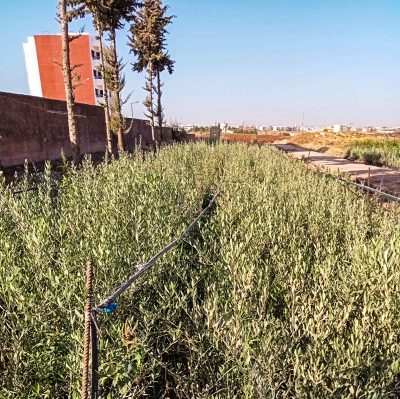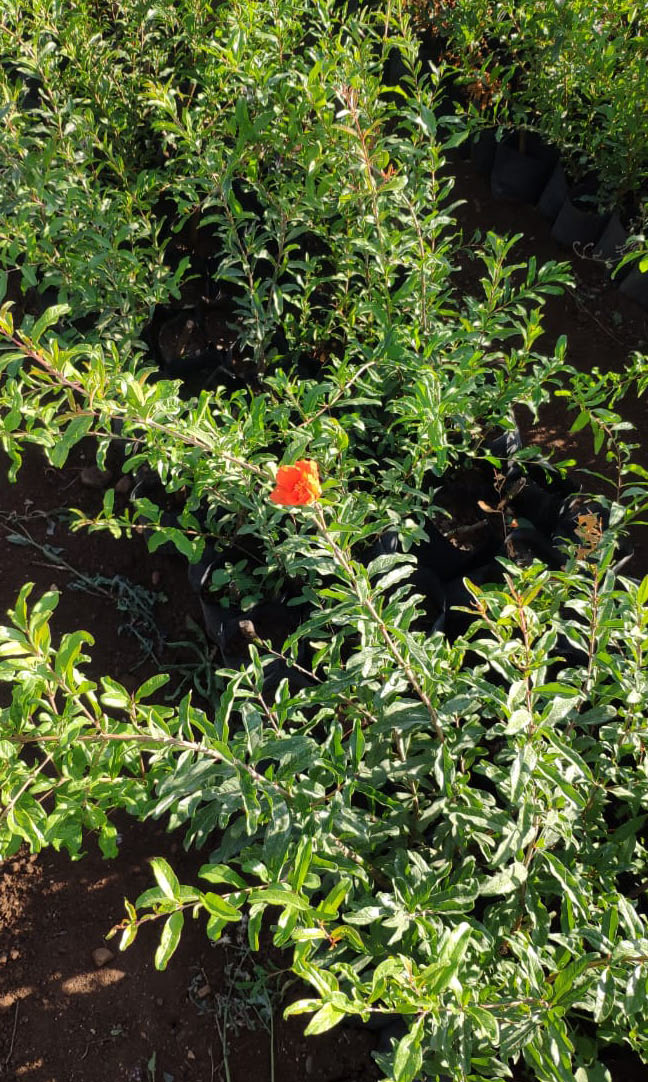Morocco: Sidi Mohamed Ben Abdellah University Committed to Organic Farming and Poverty Alleviation

All Global Research articles can be read in 51 languages by activating the “Translate Website” drop down menu on the top banner of our home page (Desktop version).
Visit and follow us on Instagram at @crg_globalresearch.
***
Our communities and our world in this time of pandemic, climate challenges, and injustice call upon us to build and design anew programs and infrastructure reaching beyond earlier models in offering outcomes even better than we could once have imagined.
The role of higher education has been part of this calling to majorly improve and even rethink fundamental purposes and approaches. A legitimate criticism of universities in recent decades and even generations has been their complacency of operating within their analyses and provision of explanations as to the social and environmental problems that extend beyond the educational setting that in many ways consume our lives.
What accounts for ethnic discrimination? How do we explain gender-based oppression? What has brought about economic disparity to such severe degrees? Why are the youth in our world as prone as anyone to incur the highest levels of unemployment? And certainly solutions are analyzed as well in terms of their outcomes and philosophical or theoretical bases, the costs relative to their benefits, and their comparative efficacy.
However, where universities have generally failed societies and student communities is in regard to their lack of participation in those solutions carried forward by the beneficiaries, the civil associations, and the concerned citizens and businesses within those localities.
Certainly, trends are moving in the direction of the vital role that universities play for societies’ betterment and uplifting of the public. At the same time, there remains a tug-of-war within university life between the activist-theoretician (bent of ameliorating the resultant difficulties people endure by way of social operating structures), and the objectivist (so committed to the “scientific method” that worldly conditions are left uninterrupted to ascertain a truth in their nature).
The pandemic and unabated poverty imposed upon most of humanity is behind this renewed effort to build back better than ever before. In Morocco in the city of Fes, we have the example University Sidi Mohamed Ben Abdellah (USMBA) and its Faculty of Islamic Theology. Dean Abdelmalek Aouich and the faculty’s leadership, fully supported by the USMBA President Radouane Mrabet, saw the opportunity to create an organic fruit tree nursery utilizing local seeds to benefit farming families of the Fes-Meknes region as a welcomed contribution, commensurate with their view of the role of higher education institutions. They are, after all, responding to a rural community-determined priority since farmers nationally are transitioning from barley and corn to fruit trees.
USMBA is contributing land to serve as the nursery for farmers of the region because rural families need to harvest every year and cannot forego their essential crop in order to plant the tree nurseries, which they also vitally need. The students gain opportunities to integrate and learn from their community surroundings while being exposed to the reality that everyone has an essential part to play in achieving increasing prosperity for the country.
This university-local community initiative fits squarely within the participatory action research framework, whereby data and knowledge is generated from the people and is used to advance change responsive to locally-defined needs. The experience enhances understanding and fulfills academic outcomes, including published articles that advocate the goals of the people, in harnessing critical professional skills with students and locals as they engage in empowerment workshops, in strategizing for project design, and in forging diverse and helpful partnerships.
Pomegranate tree saplings at USMBA in Fes (High Atlas Foundation, 2021)
The 90,000 trees planted for the people of Fes-Meknes at the USMBA nursery include fig, olive, carob, pomegranate, and almond. These trees live for generations, so the most incredible consequences of the dedication of the USMBA community are ones that we could not know no matter how committed the monitoring team.
Universities across Morocco and nations of the world do have admirable examples of their commitment to sustainable community development. The calling, or the frontier of change, is to make these initiatives integral to the research design in order for them to affect, in both the short and long terms, a positive world change. Student and faculty evaluations and the rankings of universities, in themselves, should be based upon the extent of their energy, dedication, and impact in this regard.
If the students of Sidi Mohamed Ben Abdellah are any indicator of students in the world, then all we must really do is to create the expectation and to provide the guidance. In this way, they will carry forward with utmost vigor and with all the heartfelt commitment and analytical focus that one would hope to see.
*
Note to readers: Please click the share buttons above or below. Follow us on Instagram, @crg_globalresearch. Forward this article to your email lists. Crosspost on your blog site, internet forums. etc.
Dr. Yossef Ben-Meir is President of the High Atlas Foundation in Morocco where this article was originally published.
Featured image: Olive tree saplings at USMB in Fes (High Atlas Foundation, 2021)


